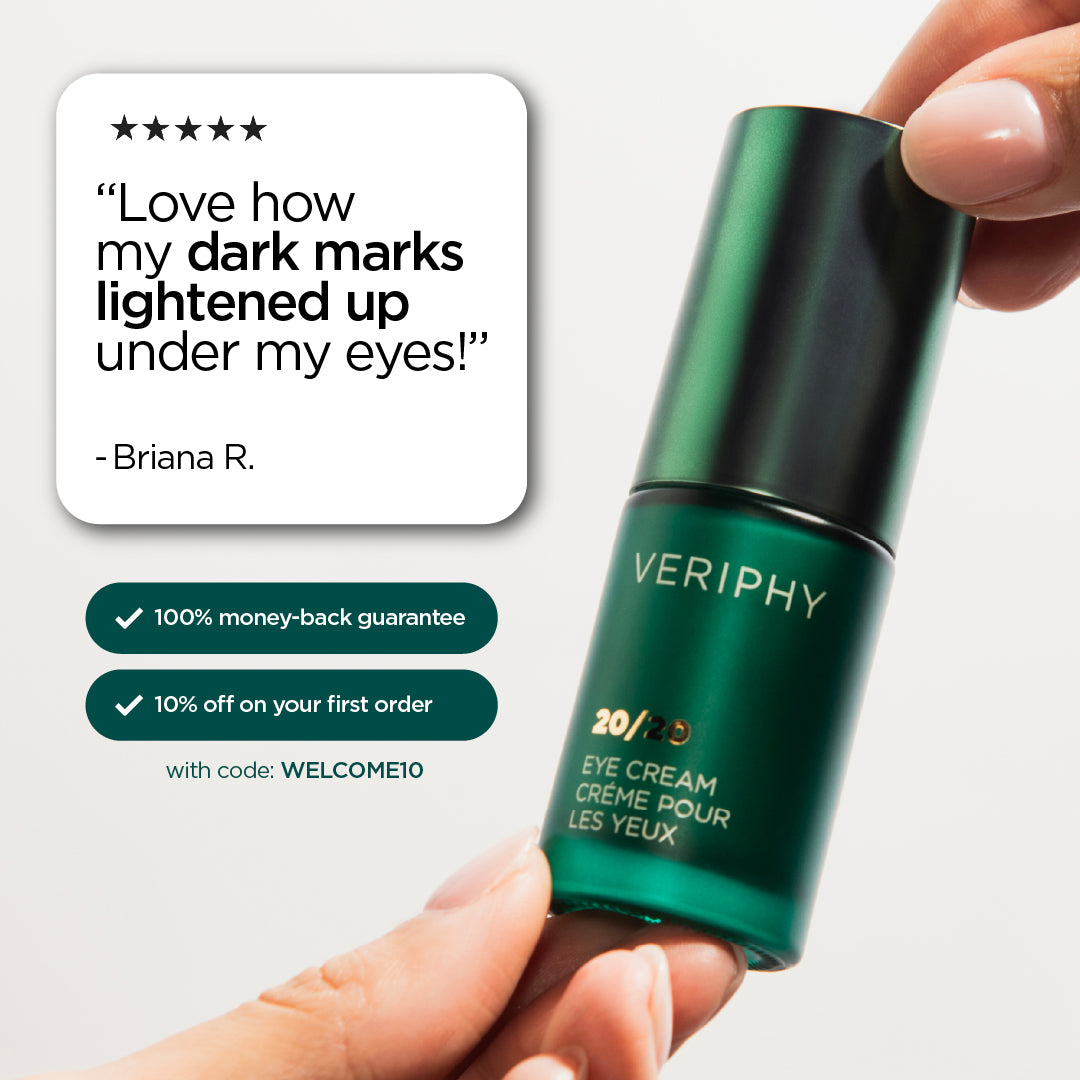
Suffering From'Maskne'?
To fight against the spread of COVID-19, face coverings play a crucial role and are required by an increasing number of organizations. Those with acne-prone or sensitive skin are feeling the wrath of clogged pores and irritated skin. This phenomenon of 'maskne' (mask acne) isn't new and has been an ongoing problem for medical professionals who must wear proper facial personal protective equipment (PPE) daily. Due to COVID-19, wearing PPE has become the new norm. So what can you do to treat it?
Let's first talk about WHY maskne happens. Masks create a perfect environment for breakouts. It can quickly get hot and humid from a combination of body heat and moisture from breathing, sweating or talking. Masks are designed to prevent airborne particle transmission, which helps prevent the spread of things like COVID-19, but can result in clogged pores and the onset of breakouts. Other skin conditions can also arise or worsen by wearing a mask for prolonged periods of time, such as Rosacea or Seborrheic dermatitis.
There are many things you can do to prevent and treat maskne.
Always wash your face and apply moisturizer before wearing your mask. Clean skin prevents dirt and oil from being trapped on the surface. Moisturizing not only keeps your skin hydrated, but it creates a barrier between your face and mask, reducing friction.
Don't bother with makeup. Not only can it clog your pores, causing breakouts, but you will get it all over your mask!
Wash your mask. Keep your mask clean or rotate between clean masks often as its surface contains dirt and oil and can become a breeding ground for bacteria.
Skip the fragrances. Opt for fragrance-free laundry detergents and skincare products as these are known to be irritating.
Having the right skincare routine will reduce mask-related skin irritations and the dreaded maskne. Masks are required to keep you safe, but that doesn't mean you need to suffer from bad skin too!
If you have implemented all of these tips, and still have not seen an improvement or see signs of infection, talk to your doctor or a medical professional.



